
In March the world celebrates International Women's History Month, created to honor the many, many great women who have made innumerable contributions to society.
Image Source: mentalfloss.com/womens-history-month-facts
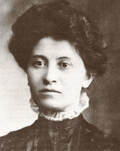
Image Source: commons.wikimedia.org/Theresa_Malkiel.
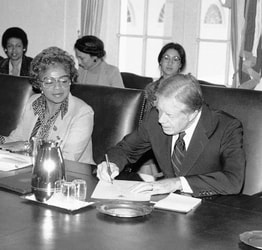
◄ President Jimmy Carter signs document on Feb. 28, 1980, proclaiming March 2-8 "National Women's History Week."
Image Credit: Barry Thumma—AP
Image Source: time.com/womens-history-month-history/

Every March I try to write a blog on a woman who has made significant contributions to her field of interest or society in general, focusing on those women who haven’t made entries in the history books. Most of us know the famous names, such as Rosa Parks, Susan B. Anthony, or Helen Keller, but I’m interested in those women who accomplished great things -- but not necessarily huge things -- and have been somewhat ▲Image Credit: Thinkstock overlooked.
Image Source: grainews.ca/women-advancing-in-agriculture/
Doing my due diligence, I “googled” well-known and not-so-well-known women in history, along with articles on women honored for great achievements. In reading the many lists of names, I realized that all of the women, famous or rich or infamous, low-key or in the public eye, are there because their names are well known, not so much because of their outstanding accomplishments.
Please understand, I don’t intend to criticize or denigrate anything these remarkable women have done – all achievements in any field are important and deserve to be honored -- but I can’t help trying to put a comparative value on the good works or impact on society in general.
I know that’s not fair, and it is naive to try, but I still can’t help wondering if Madonna’s kudos for being “best selling female vocal artist of all time”, Marilyn Monroe “Actress and model”, or Rihanna “Barbados singer, actress and fashion designer” hold up in comparison to Mother Teresa “Nun and charity worker who dedicated her life to serving poor and disadvantaged”, Angela Merkel, “chancellor of Germany since 2005 and the de facto leader of the European Union during financial crisis”, or Marie Curie “Polish physicist, chemist, and first person to win the Nobel Prize in both Chemistry and Physics.”
[https://www.biographyonline.net/people/famous/100-women.html#]
All these high-achieving women approached greatness from one of three situations:
● Women throughout the spectrum of society going about their business but making impacts through their example, teaching, mentoring, being exceptionally good at what they do, and influencing decisions that count, if only in a small way -- and sometimes in a huge way. Sometimes they “fall into” opportunities by chance or background) and have the wisdom and passion to commit.
● Women born or married into positions in society which allowed them to be educated, to excel in the arts and sciences, to become noted philanthropists or activists on behalf of some cause or, in the case of being a queen, to mandate laws for the betterment of her subjects in general and women in particular.
● Women born into any position in life who purposely sets out to achieve great goals and are willing to put their hearts, souls, and hard work into its achievement. Some have to work harder at it than others, and the degree of success is varies.
One thing the women the lists of great women a have in common: Each woman learned from whatever and whomever was around them, recognized doors opening to them and took advantage. They may not have started out with the desire to be great or to make great changes in society, but developed their passions and commitment through learning, seeing, and hearing with compassion.

All achievements are important, but what makes one great and others good, successful, helpful, rewarding, recognized, etc. but not “great?” What makes the difference? I looked up that question with regard to a number of professions. I found they only address what makes an individual better than “good”, not so much the accomplishment itself. [Please note that I’m talking about outstanding performance as “good”, not “average, adequate or good enough”.]
The value of the achievements is something future history will determine. Sometimes it takes many years before the true value of the achievement can be seen or even debated.

● The Physical Work
First, most of us recognize you have to go the extra step, put in the extra hours, pay attention to the smallest detail, etc. to make your work better than good. Great requires that much more.
● The Mental Work
Second, mental work means that no matter what adversities and roadblocks occur, the great players don’t ever give up. They believe in themselves and their work; they stay focused and reach the goal, no matter what. They make the sacrifices necessary to push through the painful and impossible times.
● Constant Learning
A great performer learns from everything and everyone, from every situation, good and bad. They observe and learn and then ask the right questions. Then they apply what they learn to improve their own work and performance.
● Put Yourself First
Focus on your own role, your own problems and weaknesses, and on getting your work done. Expanding efforts beyond a person’s own “controllables” (attitude, effort, thoughts), usually causes frustration and exhaustion. This doesn’t preclude making suggestions to others as appropriate, but basically do your own work. Be humble.
● Frequency and Nature Of Response To Neurological And Stress
Studies indicate the difference between “good” and “great” performers is how frequently they get emotionally triggered and emotionally react to situations versus thoughtfully responding to them. Stated differently, the difference between “good” and “great” performance is not necessarily a difference in their knowledge, skills, and competencies, it is a difference in the quality of their neurological and stress-response system.
● Self-awareness
“Self-awareness is the capacity to know what we know, and what we don’t know. It’s also the particular skill of realizing that unknown unknowns are lurking in the shadows.”
https://medium.com/the-mission/the-difference-between-good-and-great
A self-aware person is highly sensitive go where the edge of their awareness is. They seek out coaching, feedback loops and mentorship to illuminate the dark spots of their experience. Self-awareness is built on a growth mindset seeking to learn from whatever happens; adapting, changing and improving from any result, be it good or bad.
● Work Smart
This refers to the Pareto Principle, an aphorism which asserts that 80% of outcomes (or outputs) result from 20% of all causes (or inputs) for any given event. The goal of the 80-20 rule is to identify inputs that are potentially the most productive and make them the priority. Performers who rise above “good/ outstanding” put their attention and work on those tasks that produce the best results in terms of reaching the goal.
To excel, one must have energy, flexibility, focus, intuition, commitment, purpose / passion, perseverance, ability to fail and try again, support of others, and optimism. Two things to remember: First, you only have to be “great” at one thing. Second, you have to be good before you can be great.
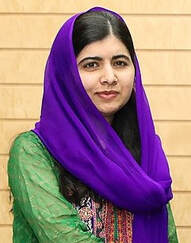
Malala Yousafzai is a contemporary “great woman”. Some articles characterize her as being someone who didn’t start out as hoping to set the world on fire but just an eleven-year-old Pakistani girl wanted to learn to read.
In a sense, that is true, but like life itself, it’s complicated.
◄ Malala Yousafzai, now 24
Image Source: en.wikipedia.org/wiki/Malala_Yousafzai
BIRTH OF AN ACTIVIST
Malala-Yousafzai was born July 12, 1997, into the lower middle-class family of Ziauddin Yousafzai and his wife, Toor Pekai Yousafzai, in the Swat District of Pakistan, northwestern province of Khyber Pakhtunkhwa, Pakistan. Malala was the first of three children, and her family is Sunni Muslim of Pashtun ethnicity.
| Image Source: geology.com/world/pakistan Her father, a teacher and educational activist himself, ran a chain of schools in the region, and he insisted his daughter receive the same education as any boy. |
Then Taliban extremists began to take control of the Swat Valley, among other things banned, girls were not allowed to attend school, families could not own televisions, play music or dance. The extremists destroyed over 400 schools.
THE BLOGGER
According to Women’s History.org, “In late 2008, Aamer Ahmed Khan of the BBC Urdu website and his colleagues came up with a novel way of covering the Pakistani Taliban's growing influence in the Swat Valley. They decided to ask a schoolgirl to blog anonymously about her life there.“ womenshistory.org/education-resources/biographies/malala-yousafzai
After older girls had to turn down the opportunity for fear of the Taliban, Malala Yousafzai finally asked for the job. During the time she was eleven- and twelve-years-old, Yousafzai wrote a blog using a different name for BBC Urdu explaining her life during the Tehrik-i-Taliban Pakistan’s occupation of the Swat region. At the time, she declared, she was scared and had nightmares, but that didn’t stop her for advocating education for girls.
After her blogging career ended, Malala and her father continued to campaign for girl’s education rights. She began appearing on television to publicly advocate for female education. From 2009 to 2010 she was the chair of the District Child Assembly of the Khpal Kor Foundation. In 2011, Yousafzai trained with local girls' empowerment organization, Aware Girls.
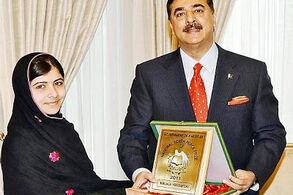
Of course, this award and public focus did not endear her to the Taliban. She became a target. One day in October 2012, fifteen-year-old Yousafzai was on the school bus returning home, when two Taliban members stopped the bus. They singled Yousafzai out from the others and shot her in the head and wounded two others.
This made massive worldwide news. Fortunately, she was airlifted to a Pakistani military hospital and then taken to an intensive care unit in Birmingham, England. The doctors induced a coma, and after ten days she woke up in the hospital.
By some miracle, she had not suffered any major brain damage, but was required to undergo many reparative surgeries and rehabilitation for other damages. After many months, she came home to her family now living in England, and in 2013 returned to school there.
THRUST INTO GREATNESS
In a way, Malala Yousafzai was just an eleven-year-old Pakistani girl who wanted an education. And she achieved her goal… the hard way. But there was more behind that which gave her the character and passion to go beyond and keep on fighting for the rights of all girls to get an education. Without carrying on, she might accomplished an amazing goal, her fifteen minutes of fame, and that was that.
Instead, even though she was now in England and fulfilling her dream to get an education, at a very young age decided to keep on fighting on behalf of all girls. With her father, she established the Malala Fund, a charity devoted to bringing equal education opportunities to girls around the world. Within its first year of operation, the Malala Fund raised over $7 million and opened up multiple schools in Malala’s native Pakistan.
On her sixteenth birthday, Yousafzai spoke at the United Nations in New York. That same year she published her autobiography entitled, “I Am Malala: The Girl Who Stood Up for Education and Was Shot by the Taliban.” She was awarded the Sakharov Prize for Freedom of Thought by the European Parliament for her activism.
She was a co-recipient of the 2014 Nobel Peace Prize. After sharing her story, Malala catapulted to international fame. She received an outpouring of support from around the world as her story spread. In honor of her efforts, she became the youngest ever Nobel laureate at the age of 17.
Accepted by Oxford in 2017, and continuing with her activist work, Yousafzai completed her degree in Philosophy, Politics and Economics at Oxford and graduated with honors in 2020.
Somewhere in all this, Malala found time to get married.
That is "greatness."
JUST SAYIN.
□
Sources
https://www.expandinglight.org/free/yoga-teacher/articles/general/good-vs-great.php
https://medium.com/the-mission/you-dont-need-to-be-good-at-many-things-you-need-to-be-great-at-one-a18ed01d0ffc
https://commons.wikimedia.org/wiki/File:Theresa_Malkiel.jpg
https://geology.com/world/pakistan-satellite-image.shtml
https://medium.com/the-mission/the-difference-between-good-and-great-is-massive-343d80f6d990#:~:text=%20The%20Difference%20Between%20Good%20and%20Great%20Is,put%20in%20the%20work%2C%20you%20might...%20More%20
https://girlssoccernetwork.com/tdifference-between-good-and-great-soccer-player/#:~:text=The%20Difference%20Between%20Good%20and%20Great%201%20First%2C,Lastly%2C%20the%20GREAT%20player%20puts%20themself%20first.%20
https://budtoboss.com/leadership/the-difference-between-a-good-manger-and-a-great-manger/#:~:text=%20The%20difference%20between%20%E2%80%9Cgood%E2%80%9D%20and%20%E2%80%9Cgreat%E2%80%9D%20managers,navigate%20challenging%20situations%20in%20a%20healthy...%20
ttps://www.entrepreneur.com/article/309638#:~:text=%208%20Traits%20of%20Outstanding%20People%20%201,people%20don%E2%80%99t%20lament%20about%20his%20fact%2C...%20More%20
https://www.investopedia.com/terms/1/80-20-rule.asp#:~:text=Key%20Takeaways%201%20The%2080-20%20rule%20maintains%20that,efficiently%20to%20create%20maximum%20value.%20More%20items...%20
https://en.wikipedia.org/wiki/Malala_Yousafzai
https://www.womenshistory.org/education-resources/biographies/malala-yousafzai
https://borgenproject.org/facts-about-malala-yousafzai/
https://www.nobelprize.org/prizes/peace/2014/yousafzai/biographical/
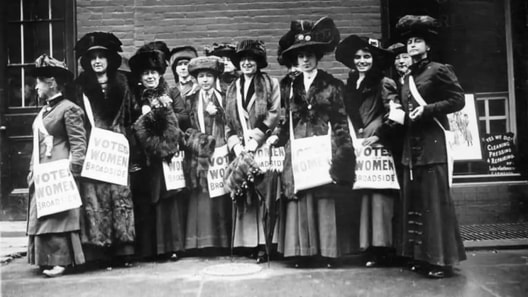
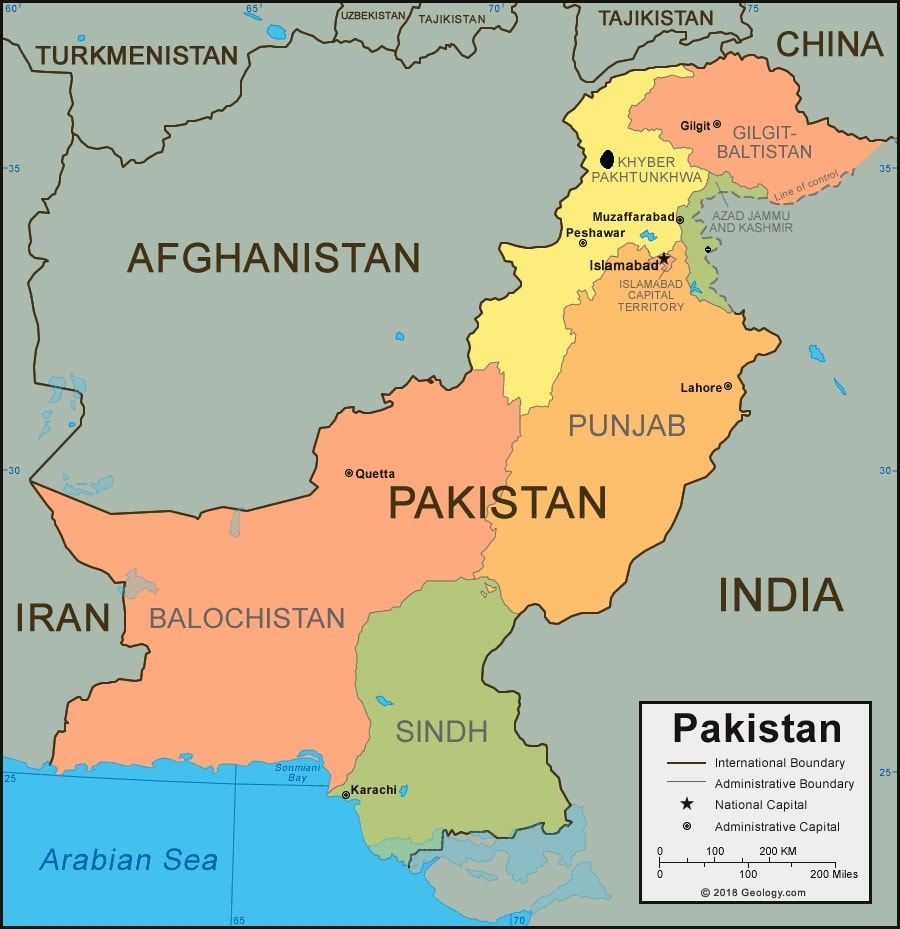
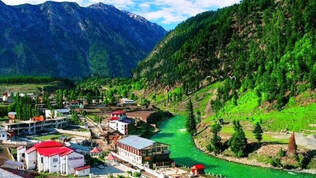
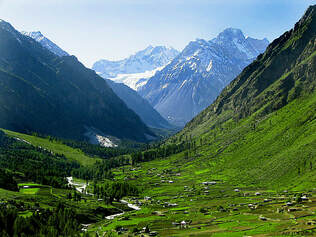
 RSS Feed
RSS Feed